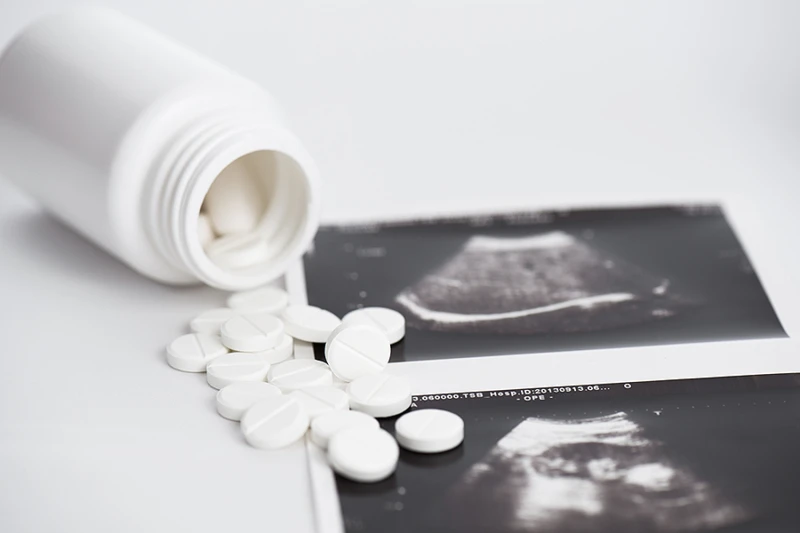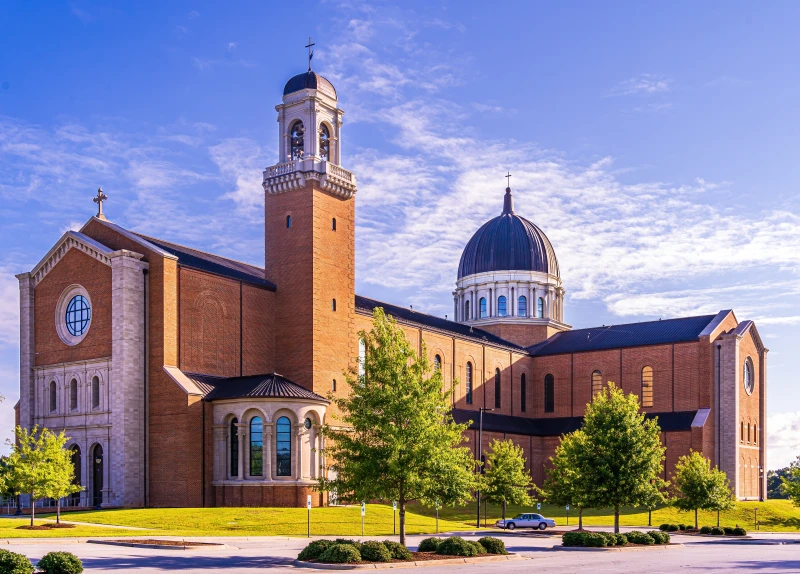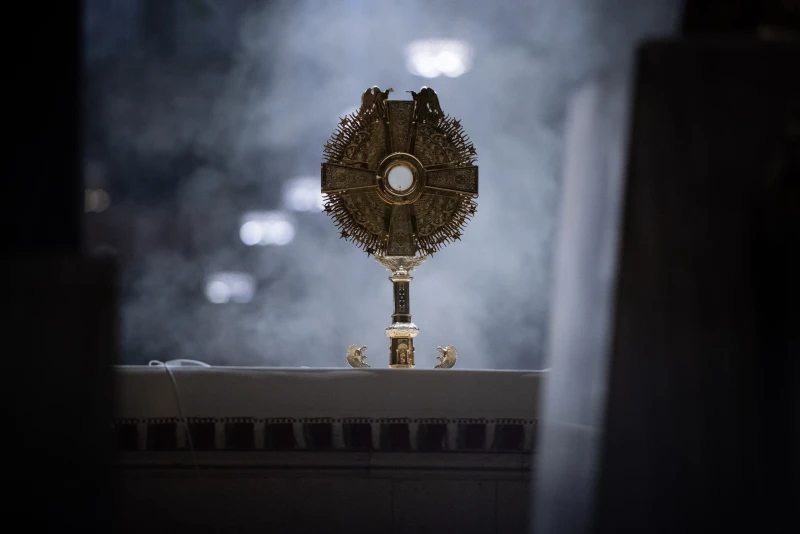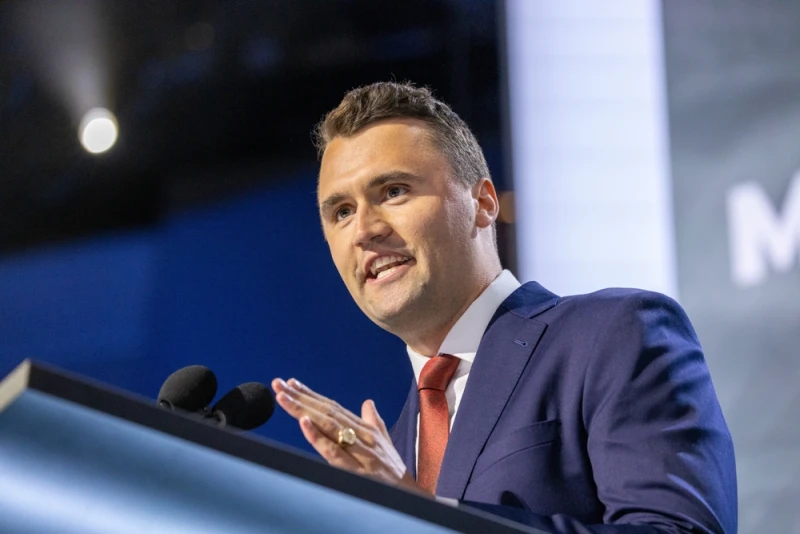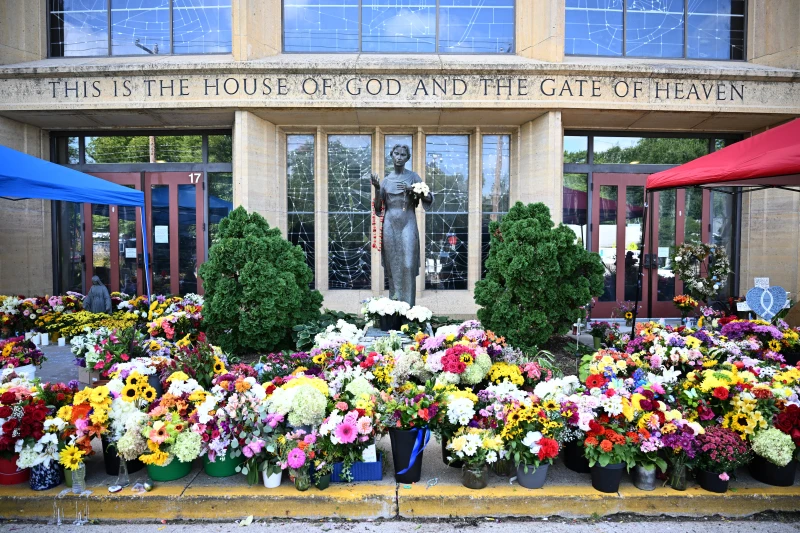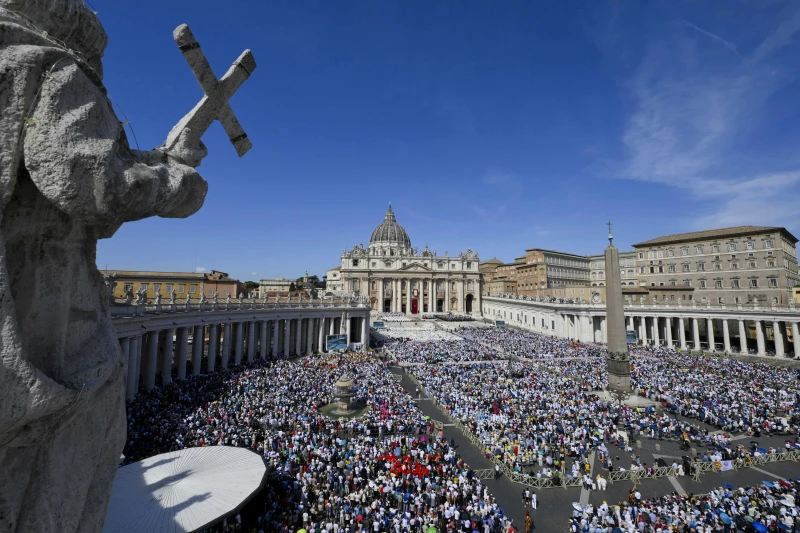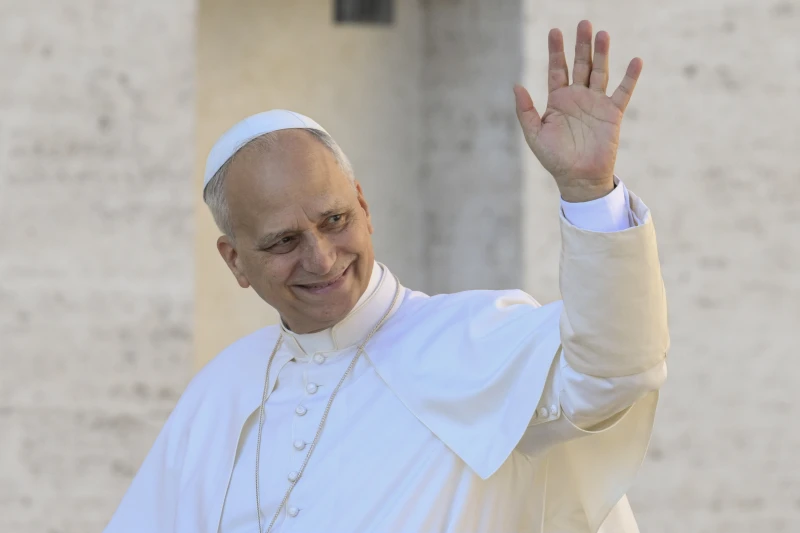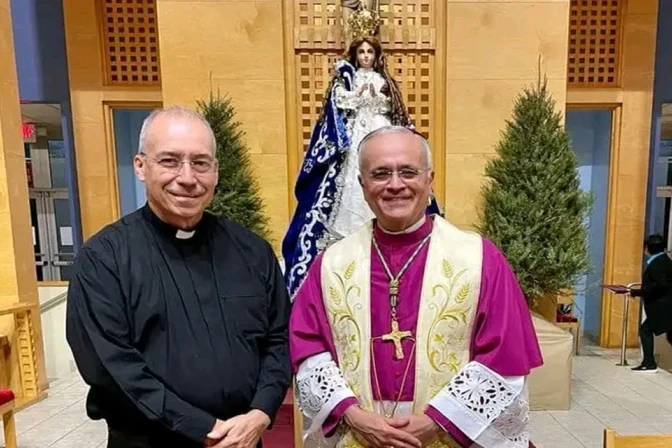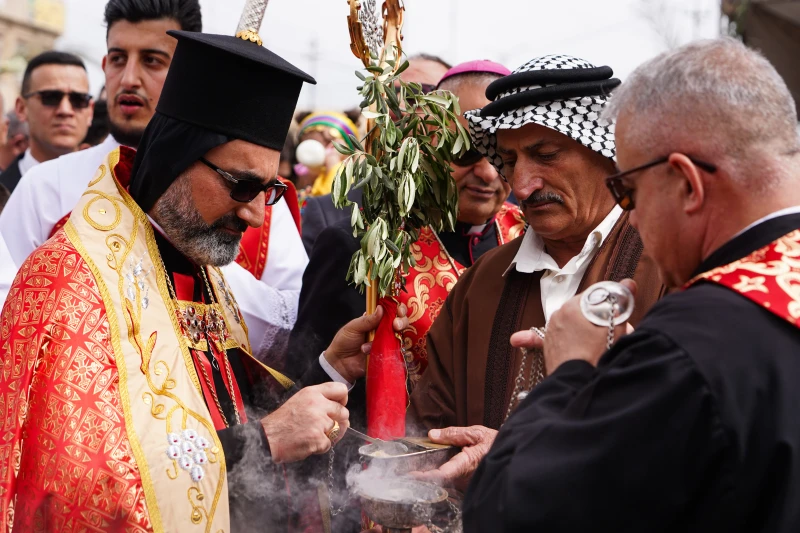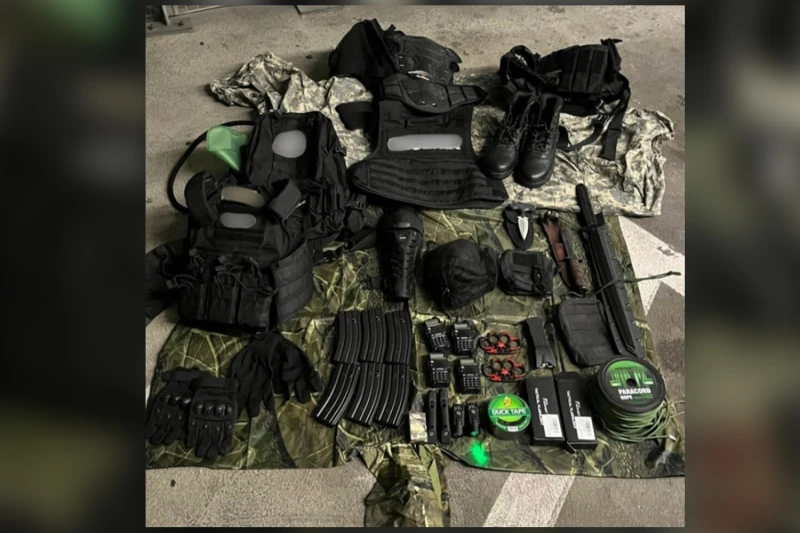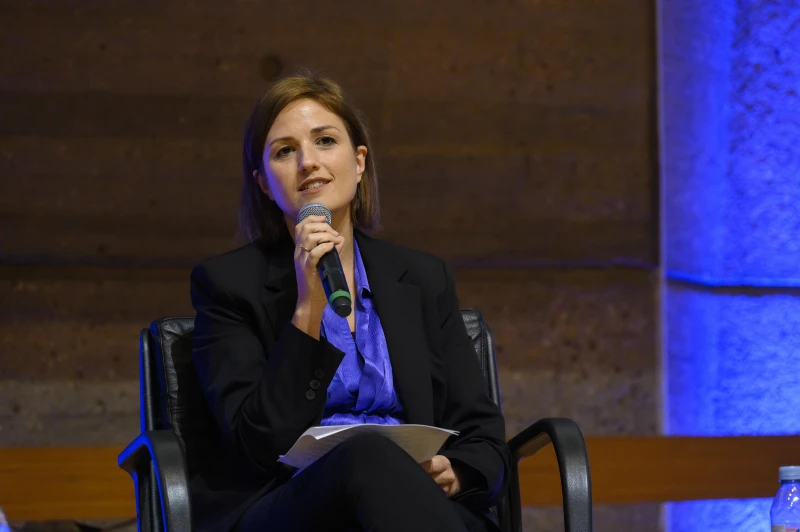

null / Credit: Mike Blackburn via Flickr (CC BY-NC-SA 2.0)
CNA Staff, Oct 3, 2025 / 10:30 am (CNA).
Here is a roundup of recent pro-life and abortion-related news.
Abortion declines even in states where it is still legal
The number of abortions in clinics in pro-abortion states saw a decline in the first half of 2025, according to a recent report.
The report by the pro-abortion group Guttmacher found a 5% decrease in abortions provided by clinics from for the same period in 2024.
The review found declines in clinician-provided abortions in 22 states, all states that did not have “abortion bans.” The report also found an 8% decline in out-of-state travel for abortion to states with fewer protections for unborn children.
States with protections for unborn children at six weeks, such as Florida and Iowa, also saw a decline in abortions so far this year.
The report did not take mail-in or telehealth abortion pill numbers into account.
Michael New, a professor at the Busch School of Business at The Catholic University of America and a scholar at Charlotte Lozier Institute, called the report “good news” but noted that the survey wasn’t “comprehensive.”
“It does not appear that Guttmacher collects data on telehealth abortions from states where strong pro-life laws are in effect but abortion is not banned,” he told CNA. “Pro-lifers should take these figures with a grain of salt.”
In terms of mail-in, telehealth abortions, New noted that pro-lifers should “continue to push for more timely action to protect mothers and preborn children.”
“The Trump administration is within its power to halt telehealth abortions,” he said, noting that “Health and Human Services Secretary Robert F. Kennedy Jr. recently said the FDA would conduct a new review of abortion pills.”
Florida’s Heartbeat Act, which took effect in May 2024, played “a large role in this decline,” New said.
“The Heartbeat Act is protecting preborn children in Florida and is preventing women from other states from obtaining abortions in the Sunshine State,” he said. “Birth data from Florida shows that the Heartbeat Act is saving nearly 300 lives every month.”
Government takes action against Virginia school system following alleged abortions for students
The U.S. Department of Education has called on a Virginia public school system to investigate reports that high school staff facilitated abortions for students without their parents’ knowledge.
The department took action against Fairfax County Public Schools under the Protection of Pupil Rights Amendments, according to a Sept. 29 press release.
The investigation follows reports that a Centreville High School social worker scheduled and paid for an abortion for a minor and pressured a second student to have an abortion. The federal agency is requiring that Fairfax investigate whether this practice has continued.
The Fairfax report “shocks the conscience,” the department’s acting general counsel, Candice Jackson, said in a statement.
“Children do not belong to the government — decisions touching deeply-held values should be made within loving families,” Jackson said. “It is both morally unconscionable and patently illegal for school officials to keep parents in the dark about such intimate, life-altering procedures pertaining to their children.”
Jackson said the Trump administration will “take swift and decisive action” to “restore parental authority.”
Virginia bishop speaks out against potential ‘abortion rights’ amendment
Bishop Michael Burbidge of Arlington, Virginia, this week spoke out against a proposed amendment to create a right to abortion in the Virginia Constitution.
“While the amendment is not yet on the ballot, the outcome of this fall’s elections will determine whether it advances or is halted,” he said in an October “Respect Life Month” message.
“If adopted, this amendment would embed in our state constitution a purported right to abortion through all nine months of pregnancy with no age limits,” he said.
He noted that Virginia has “some modest protections” for life, but “the proposed amendment would likely make it impossible … to pass similar protective laws in the future.”
Protections for unborn children, for parental consent, and for conscience rights “would be severely jeopardized under this amendment,” he added.
“Parents have the sacred right to be involved in the most serious decisions facing their daughters,” Burbidge said. “No one should ever be forced to participate in or pay for an abortion.”
“Most importantly, the lives of vulnerable women and their unborn children are sacred and must be welcomed and protected,” he said.
He called on Catholics to not “remain silent,” urging the faithful to inform themselves and others about “the devastating impact this amendment would have.”
“Our faith compels us to stand firmly for life, in prayer and witness, and also in advocacy and action,” he said.
“We must speak with clarity and compassion in the public square, reminding our legislators and neighbors that true justice is measured by how we treat the most defenseless among us,” he concluded.
Planned Parenthood closes its only 2 clinics in Louisiana
The only two Planned Parenthood locations in Louisiana closed this week following the Trump administration’s decision to halt federal funding for abortion providers for a year.
The president of Planned Parenthood Gulf Coast cited “political attacks” as the reason for the closures of the two facilities located in Baton Rouge and New Orleans.
The closures follow a court ruling last month enforcing the Trump administration’s defunding of Planned Parenthood, which halted government funding for abortion providers.
Louisiana authorities issue arrest warrant for California abortionist
Louisiana authorities issued an arrest warrant for a California doctor for allegedly providing abortion drugs to a woman without consulting her.
The woman, Rosalie Markezich, said she felt coerced into the abortion by her boyfriend at the time, who arranged for an abortionist in California to prescribe drugs to induce a chemical abortion.
The same abortionist, Remy Coeytaux, has faced charges for telehealth abortions after the abortionist allegedly sent abortion pills to Texas, where they are illegal.
Read More

